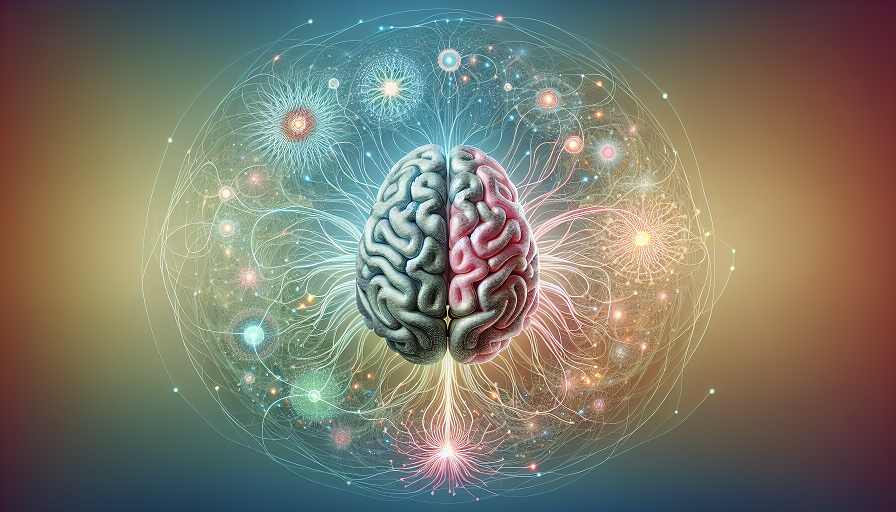
Physical exercise is often celebrated for its impact on muscles and heart health, but its benefits for the brain are equally impressive. Engaging in regular physical activity can improve neuroplasticity—the brain’s ability to adapt, form new connections, and grow stronger over time. Whether it’s a brisk walk or an intense spin class, exercise creates the perfect environment for your brain to thrive, enhancing memory, learning, and overall cognitive resilience.
How Cardio Promotes Neurogenesis and Cognitive Flexibility
Cardiovascular exercise, such as running, cycling, or swimming, does more than make you sweat—it promotes neurogenesis, the process of creating new neurons in the brain. This effect is particularly noticeable in the hippocampus, the region responsible for memory and learning. Cardio essentially acts as a growth booster for your brain, helping it stay sharp and agile.
The magic behind this lies in brain-derived neurotrophic factor (BDNF), a protein often referred to as “fertilizer for the brain.” Cardio increases BDNF levels, supporting the survival of existing neurons and encouraging the formation of new ones. With more BDNF circulating, your brain becomes better equipped to adapt to new challenges, whether it’s learning a new skill or solving a tough problem.
Cardio also improves cognitive flexibility—the ability to switch between tasks, adapt to new situations, and think creatively. By increasing blood flow to the brain, exercise delivers oxygen and nutrients to neurons, fueling them for better performance. It’s like upgrading your brain’s Wi-Fi signal, ensuring faster and more reliable connections between different regions.
Moreover, cardio reduces stress by lowering cortisol levels and promoting the release of endorphins, your body’s natural mood elevators. Chronic stress can impair neuroplasticity, but regular movement helps create a calmer, more balanced environment for your brain to grow and adapt.
Evidence for Enhanced Memory Through Regular Movement
The connection between exercise and improved memory isn’t just anecdotal—it’s backed by science. A study published in The Journal of Neuroscience found that participants who engaged in aerobic exercise for six months showed significant growth in the hippocampus. Along with this physical change came better performance on memory tests, demonstrating the tangible cognitive benefits of regular movement.
Another study in Psychological Science examined the effects of exercise on older adults. Participants who walked briskly for 40 minutes three times a week showed improvements in memory recall and attention compared to a sedentary group. Researchers pointed to increased BDNF levels and better brain blood flow as key factors behind these gains.
Even younger populations stand to benefit. A study in Neuroscience Letters explored the impact of moderate-intensity exercise on students before exams. Those who engaged in physical activity retained more information and performed better on tests than their inactive peers. This suggests that exercise primes the brain for learning by enhancing focus and memory consolidation.
For anyone looking to incorporate exercise into their routine for brain health, here are a few tips:
- Start Small: Even 20–30 minutes of moderate activity, like walking or cycling, can make a difference.
- Stay Consistent: Aim for at least three sessions per week to build momentum and maintain cognitive benefits.
- Mix It Up: Combine cardio with strength training or yoga to engage different aspects of brain and body health.
- Get Outdoors: Exercising in nature provides additional cognitive benefits, like reduced stress and improved mood.
- Track Progress: Use fitness trackers or apps to stay motivated and see how movement impacts your focus and energy.
Physical exercise is one of the most effective ways to enhance brain plasticity and cognitive performance. By promoting neurogenesis, increasing BDNF, and reducing stress, regular movement helps your brain stay flexible, resilient, and ready to tackle life’s challenges. Whether you’re jogging through a park or taking a dance class, every step is a step toward a healthier, sharper mind.

